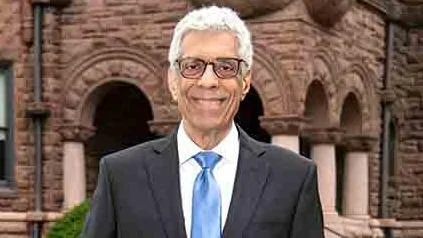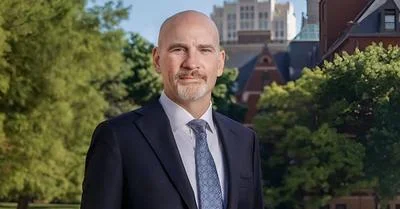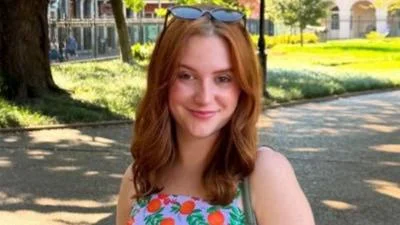Dr. Fred Pestello, President | St. Louis University
Dr. Fred Pestello, President | St. Louis University
Orhun Aydin, Ph.D., an assistant professor in Earth and Atmospheric Science at Saint Louis University (SLU), has received a $149,791 planning grant from the National Science Foundation (NSF) to initiate a project involving sensors in garbage and recycling bins across St. Louis. The project aims to address solid waste management challenges by using technology to improve recycling efforts.
A previous pilot conducted at SLU provided insights into waste disposal patterns, which inspired Aydin's current endeavor. He explained his motivation: “I wasn’t aware of the scale until then. I realized the solution can’t be fixing the islands of waste – we had to cut things off at the tap,” adding that he aims to address environmental issues before they impact natural ecosystems.
The project involves creating an Internet of Things (IoT) system to link citizens, local governments, waste service contractors, and policymakers with data-driven insights into waste management. Sensors developed in SLU’s AI-CHESS Lab will be placed in bins throughout 66 square miles of St. Louis neighborhoods.
“We are starting with 100,” said Aydin about the initial deployment of sensors, expressing hope for future expansion and collaboration with community partners.
These sensors will analyze items thrown away, determining their chemical composition and measuring bacterial activity related to food degradation. This information will guide strategies for reducing food waste.
Partnering with EarthDay 365, a non-profit organization focused on sustainable practices in St. Louis, the research team plans educational programs based on their findings. Aydin noted that this partnership is crucial for tailoring outreach efforts: “We are partnering with EarthDay 365 on community outreach and working with local residents.”
Sensors will initially be placed in diverse city locations ranging from high-recycling areas to those prone to illegal dumping. Aydin emphasized the potential benefits: “This data, from a $5 device, will allow us to see things we couldn’t see before.”
The NSF grant supports refining sensor design and identifying data gaps affecting waste management operations while forming partnerships and aligning citizen expectations regarding recycling services.
Community outreach activities are scheduled to commence in June as part of this initiative led by co-principal investigators James Tinjum from the University of Wisconsin and Bruce O’Neill from SLU.
The NSF funds approximately 25% of federal basic research conducted at U.S. colleges and universities, aiming to promote scientific progress alongside national health and welfare goals.




 Alerts Sign-up
Alerts Sign-up